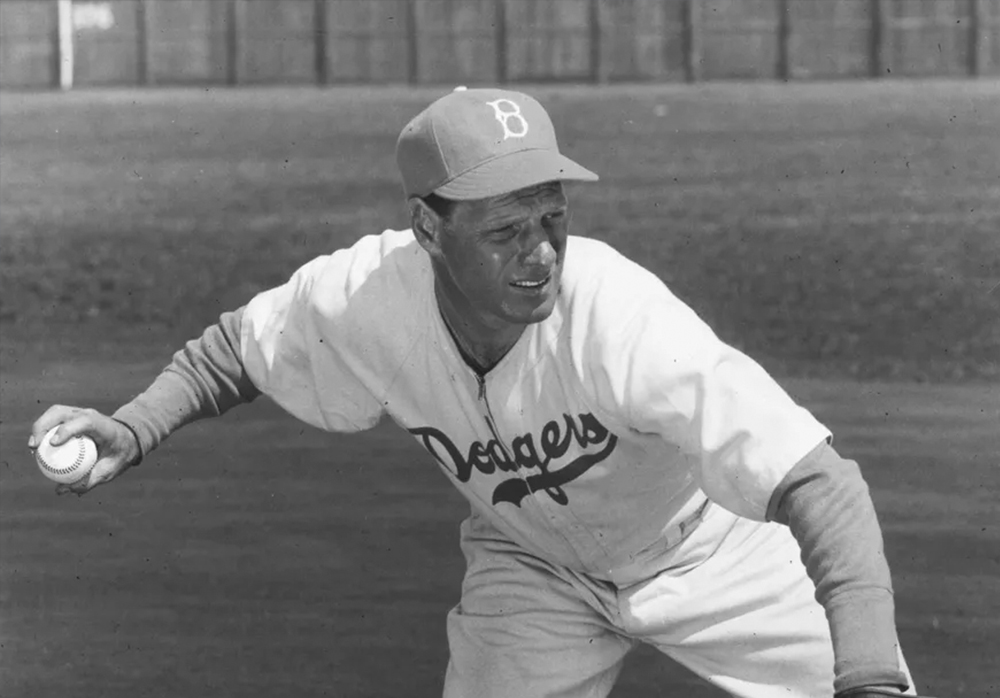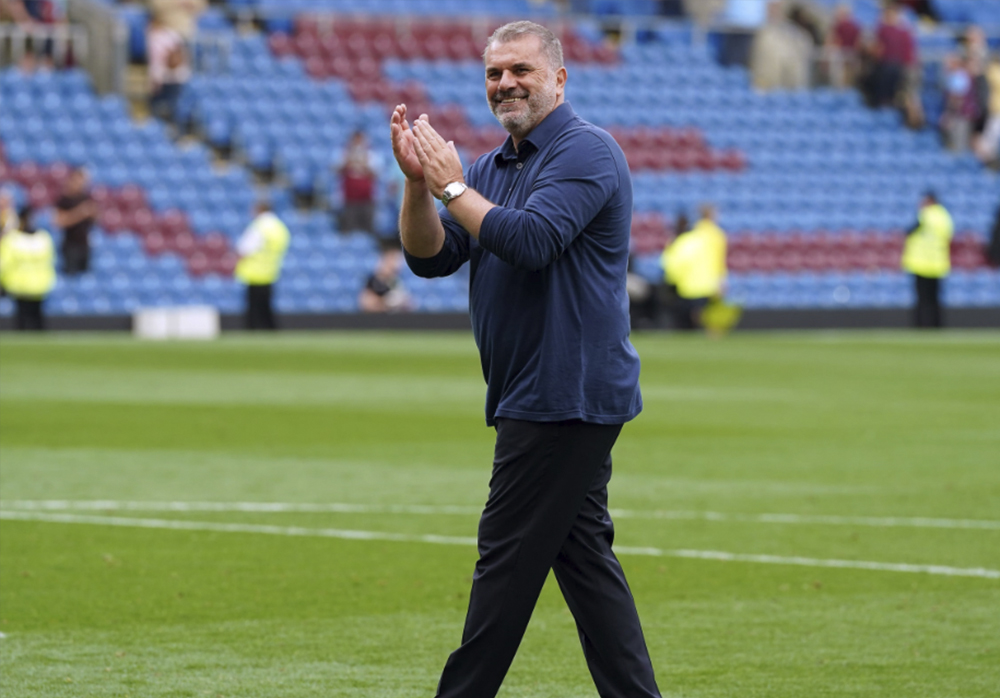In July 1946, Brooklyn Dodgers’ baseball team manager Leo Durocher famously quipped about the New York Giants Team’s decency, coining the phrase “nice guys finish last.” This adage has endured across various domains, including sports, politics, business, and life itself. The belief that success often requires a more ruthless approach has persisted.
It is early days in his reign in North London, but the initial signs are that Ange Postecoglou, Tottenham Hotspur’s manager, is challenging this notion, signalling that nice guys can indeed succeed. Key to how he is doing so is his unique, open and clear approach to communications.
Getting the Job
In July this year, Postecoglou took charge of Spurs, one of the Premier League’s most high-profile clubs, at its lowest ebb in more than a decade. The team had just finished eighth, its lowest position since 2008.
The club remained without a manager for over two months, with several top candidates reportedly declining the position. To add to the predicament, star striker Harry Kane, star of the team for several years, was set to depart.
Postecoglou walked into this environment, initially seen by some as a budget-friendly ‘yes man.’ While he later admitted that he got the job after being “the last man standing,” it was immediately clear that the Australian coach was no pushover.
He stated: “I felt the club was ready for that, they were seeking a change. There was no point appointing me otherwise. In the discussions we had, I told them this is what I was going to do, and I wasn’t going to compromise that.”
What a good decision it has so far turned out to be. Under Postecoglou’s guidance, Spurs have undergone a significant transformation in just a few months and, at the time of publishing this blog, sit atop of England’s Premier League.
Postecoglou’s distinctive communication style has been instrumental in transforming the team’s performance, culture, and identity both on and off the field. As manager, he has introduced a refreshing and progressive approach to communication, effectively revitalising a club in need of change.



